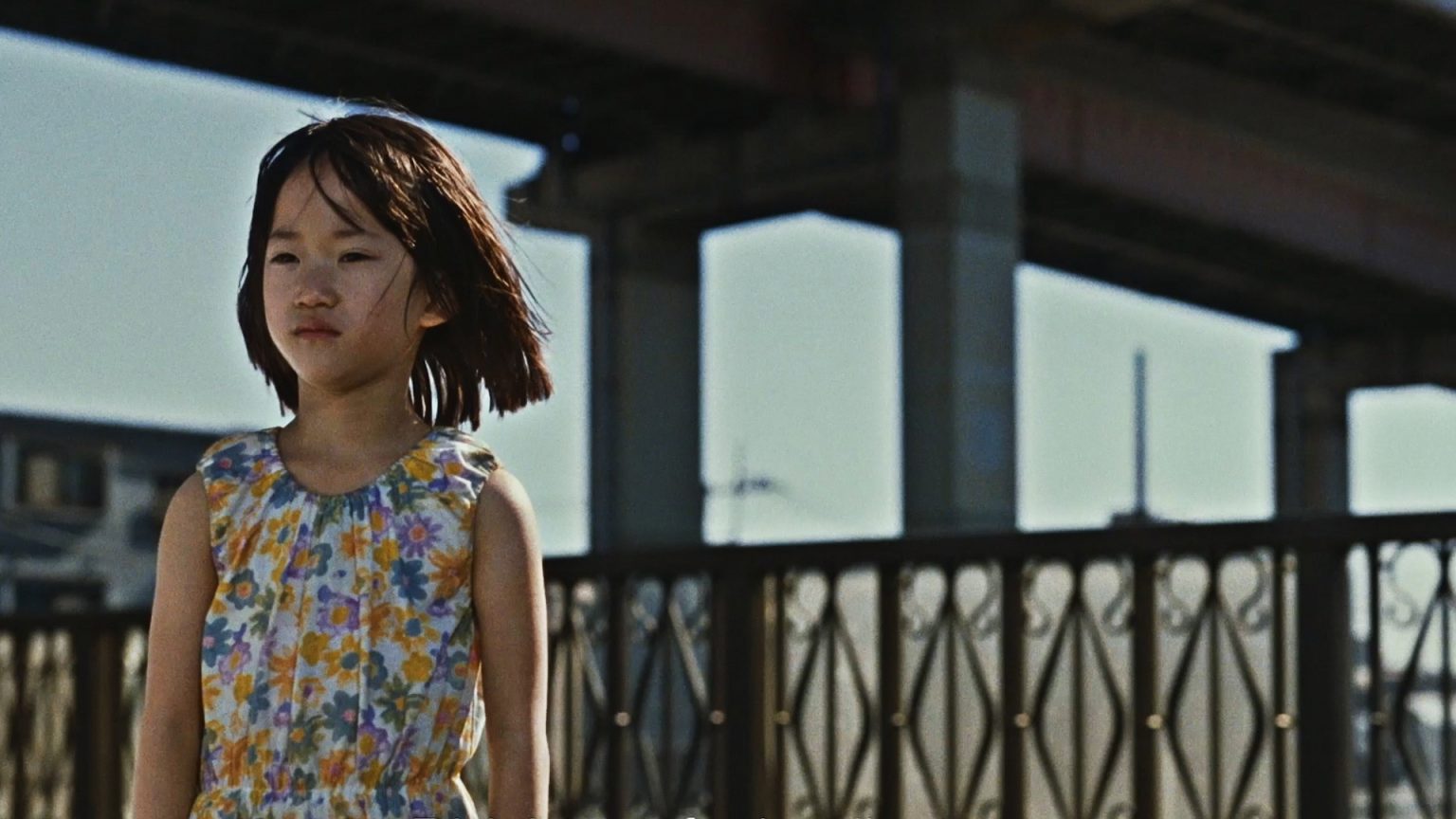Hirokazu Kore-Eda is one of the only contemporary Japanese directors whose narrative features are certain to get a theatrical release in the U.S. His latest film, Shoplifters, won the Palme d’Or last May at Cannes, cementing his status as a star on the international arthouse circuit. As many have remarked, his thematic focus on family life, and with a combination of austerity and melodrama, connects him closer to the work of Yasujirō Ozu and Mikio Naruse than any of his contemporaries like Kiyoshi Kurosawa, Takashi Miike, and Sion Sono. While Kurosawa’s Tokyo Sonata explored similar ground, most of his films have looked at Japan through a genre-inflected prism. These directors have also largely reached their American audience through festival screenings and video releases rather than extended theatrical runs — whereas Kore-Eda has benefited from American distributors’ steady attention since his feature debut, Maborosi. When he’s ventured away from his comfort zone, as with the 2017 thriller The Third Murder, he hasn’t been rewarded. The Third Murder proved less commercially successful than his “art films,” getting a very cursory American run this past summer.
Yet Shoplifters is expected to have a much larger rollout, in large part because of its acquisition by Magnolia Pictures and official submission as Japan’s entry to the Best Foreign Language Oscar. The film’s emotional weight comes in early on when Osamu Shibata (Lily Franky) and his son Shota (Jyo Kairi) are on a run snatching food from a grocery store and they see 4-year-old Yuri (Sasaki Miyu) in the freezing cold. They invite her into their family, and she becomes a permanent member of their household — even though, in reality, this is a kidnapping. His wife Nobuyo (Ando Sakura) disapproves of Osamu’s choice till she realizes the child is a victim of abuse. Yuri becomes part of an extended family.
For most of the film, it’s not clear just how all these people are biologically related. The ultimate point from Kore-Eda is that it doesn’t really matter, as family lines don’t have to conform simply to bloodlines to be, in fact, a family. Additionally, while they commit a number of criminal acts, they treat Yuri better than her mother and father, people who obey the law publicly and get violent in private. Kondo Ryuto’s cinematography keeps up the contrast between the orderly on the surface but corrupt in the interior bourgeoisie and the sloppily loving crooks of a family at the center of the film.
In some respects, Shoplifters evokes Sean Baker’s The Florida Project. It raises similar questions about crime and adult responsibility, which become pressing in its final half-hour. Kore-EDA’s work has kept returning to the subject of family life, questioning one idea: what constitutes a family. As he depicts it, Japanese society still conforms to the idea that the upper-middle-class nuclear family is the gold standard, but the reality of society also doesn’t bear that out. The main point of his 2013 film Like Father, Like Son is that money doesn’t make people better parents. If Nobody Knows criticized a mother for abandoning her children (in an adaptation of a real incident), Shoplifters explains how a group of people, whom Japanese society considers criminals, got to that point with the best intentions and out of the genuine desire to become good parents.
One could find something conservative in the way Shoplifters builds its family, as though a stripper and a pair of petty crooks need to be redeemed through some form of parenthood (even if it’s not biological). But the film breaks with the official image of a Japan where everyone is middle class, where men go to the office each day dressed in suits, and where crime is non-existent or instantly punished. In fact, Kore-Eda’s starting point for the themes of Shoplifters is his anger about how Japan thinks about and treats petty violations of the law. In the film’s press kit, Kore-Eda says, “The first thing that came to my mind was the tagline: ‘Only the crimes tied us together. In Japan, crimes like pension fraud and parents making their children shoplift are criticized severely. Of course, these criminals should be criticized but I am wondering why people get so angry over such minor infractions even though there are many lawbreakers out there committing far more serious crimes without condemnation.”
At this point, there’s a sense that Kore-Eda is working variations on a theme. With the echoes of past films from the Japanese titans like Ozu, Shoplifters begins to clear up its loose ends with a powerfully emotional payoff when the family faces the disapproval of Japanese society.
However, the narrative decision to back-load information may not have been the wisest strategy. Due to the film’s slow pace, it’s as if the ending is rushed in making its themes as apparent as possible. And to this viewer, it appears Kore-Eda took Bob Dylan’s lyric “to live outside the law, you must be honest” very seriously. Even then though, through Shoplifters’ evocation of classic Japanese cinema, the film ends with an earned harshness that comes close to the politicized neo-realism of the director’s avowed inspirations across the cinema.
Watch Now: Hirokazu Kore-Eda’s debut feature, Maborosi, here on Fandor.




